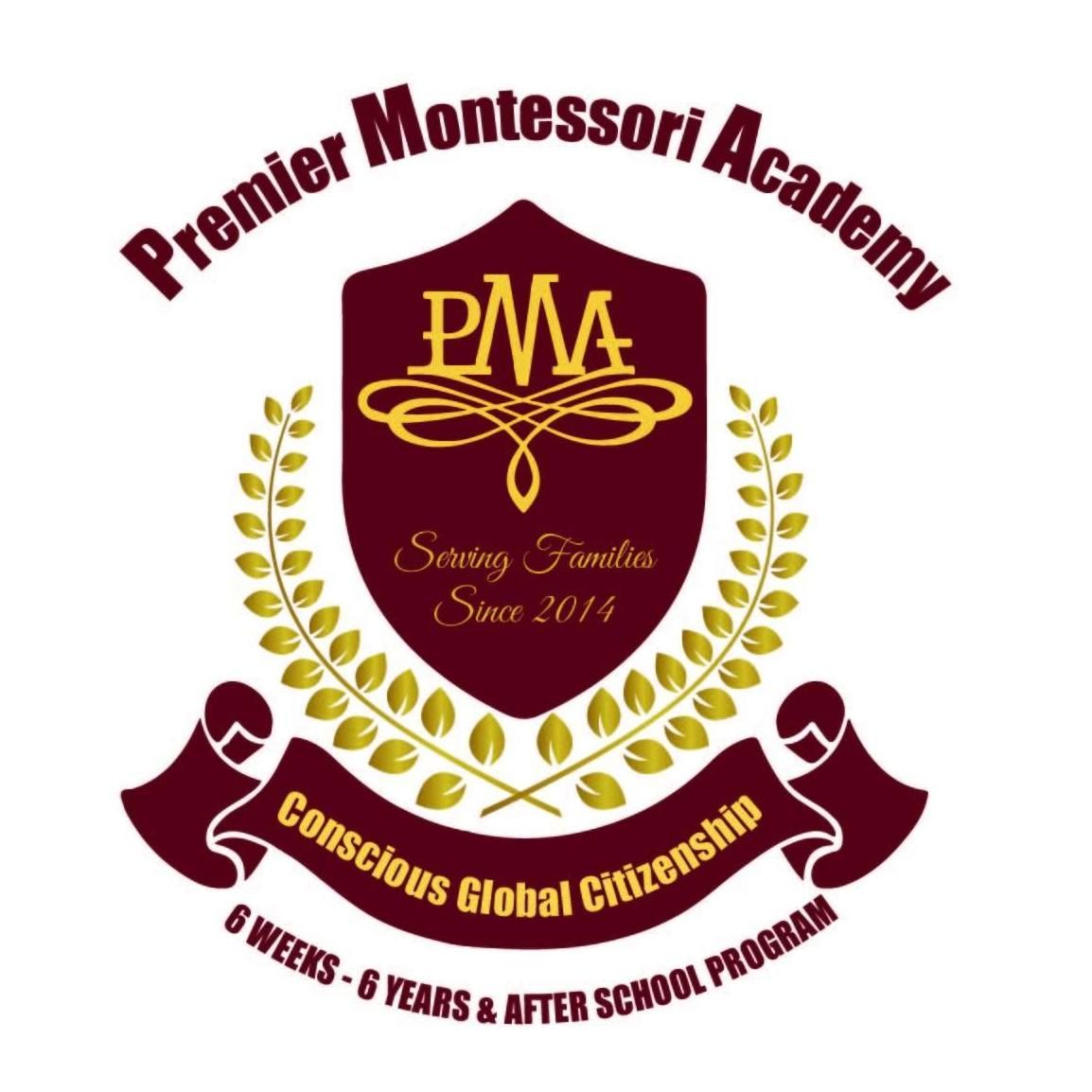For children six and under, Montessori emphasizes learning through all five senses, not just through listening, watching, or reading. Children in Montessori classes learn at their own, individual pace and according to their own choice of activities from hundreds of possibilities. They are not required to sit and listen to a teacher talk to them as a group, but are engaged in individual or group activities of their own, with materials that have been introduced to them 1:1 by the teacher who knows what each child is ready to do. Learning is an exciting process of discovery, leading to concentration, motivation, self-discipline, and a love of learning. There is no wasted time and children enjoy their work and study. The children ask each other for lessons and much of the learning comes from sharing and inspiring each other instead of competing.


